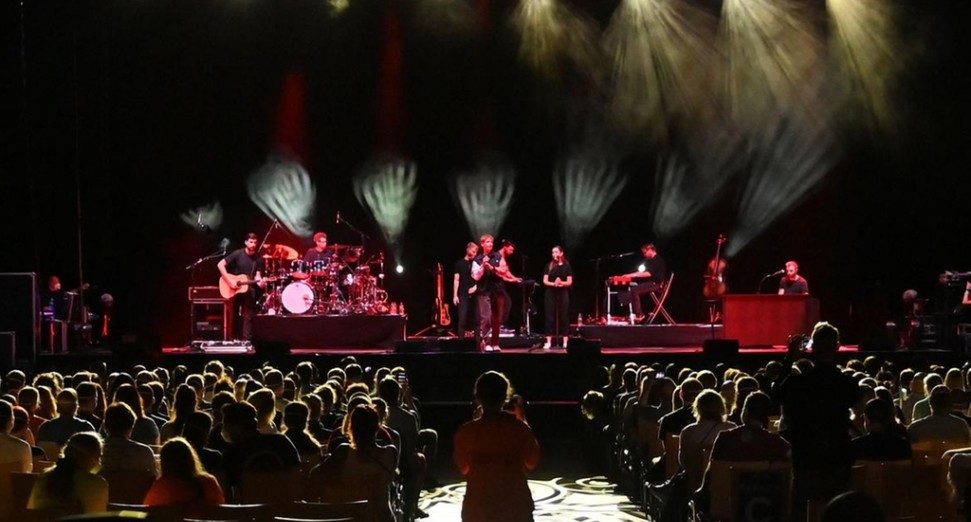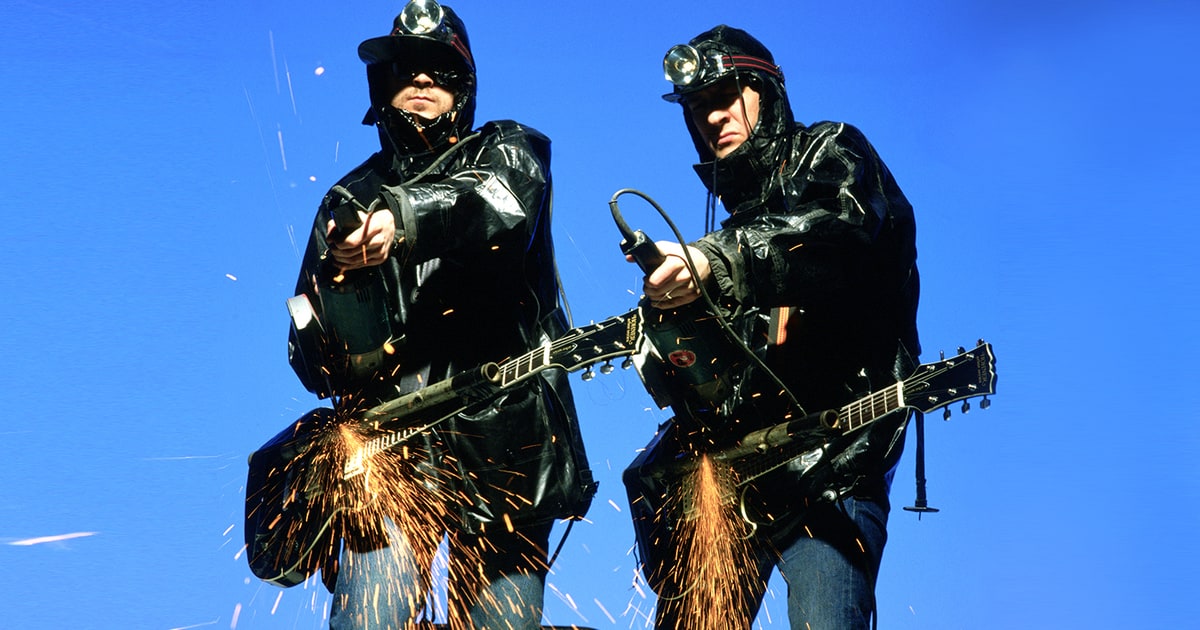
"Low to very low" risk of coronavirus spreading at well-ventilated indoor gigs, study finds
A German study into the transmission of coronavirus at indoor concerts has concluded that such an environment poses a “low to very low” risk to attendees of contracting the disease provided attendees follow correct hygiene procedures and the venue limits capacity, with good ventilation.
Scientists from Halle University in Germany carried out The Restart-19 experiment across three successive gigs held by German pop singer Tim Bendzko in August, to get an idea of how certain conditions at gigs might affect transmission of the virus. 1,400 volunteers were recruited for the study and were pre-tested for COVID-19 as well as having their temperatures taken. Participants were given masks, a digital location tracker and hand sanitiser laced with fluorescent dye to help scientists track surface contact.
The first of the three gigs simulated an event pre-pandemic, with no safety measures in place, the second involved greater hygiene measures and some social distancing, and the third involved half the numbers and each person standing 1.5m apart. Ventilation was found to be a key factor in limiting the spread of the virus, according to the study.
One of the gigs saw jet nozzles blast fresh air through the Leipzig venue at which the venue was held, with beneficial results. At a different gig, fresh air was sucked into the arena from the rooftop and the jet nozzles were switched off, significantly increasing the risk of coronavirus spreading among attendees.
Dr. Gabriel Scally, president of epidemiology and public health at the Royal Society of Medicine, told The New York Times that the results are “potentially useful”, but warned that the exact conditions of the gigs may be tricky to replicate at normal events and on a wider basis.
The full study, which has not yet been peer reviewed, can be read here.
You can watch an NBC report from August about the gigs below, and find more information about the exact conditions of the three August gigs via our previous report.



